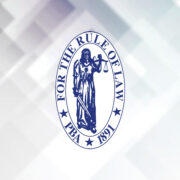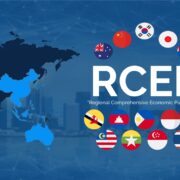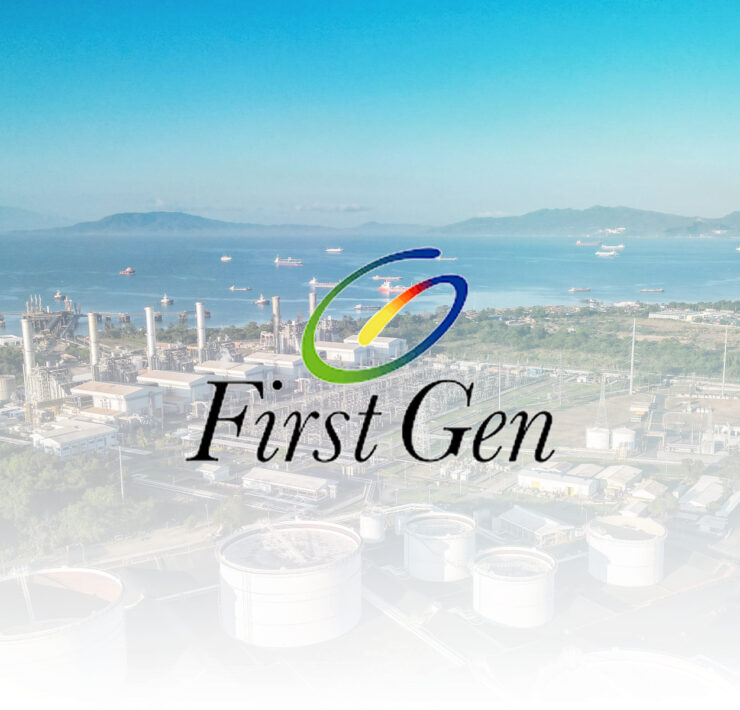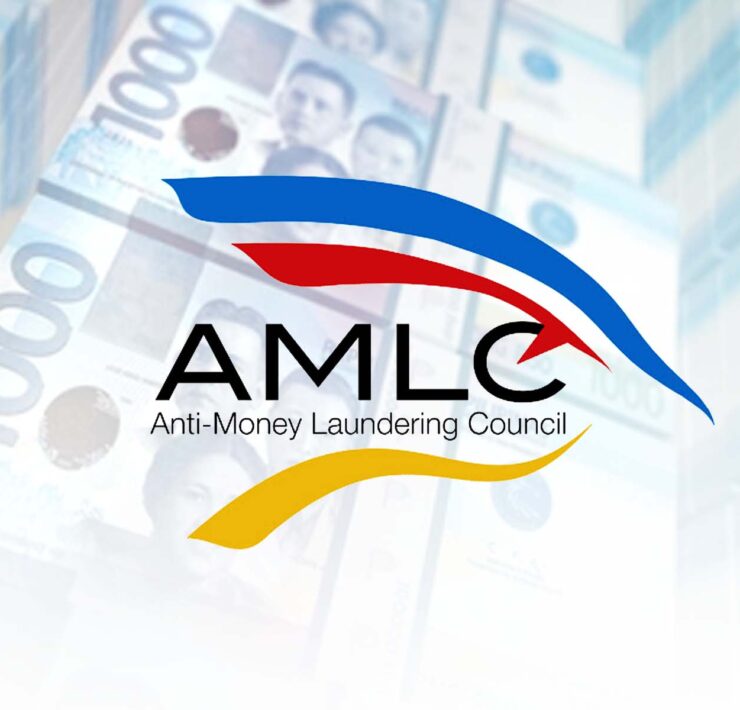Recto: Corruption probe stalls PH trek to ‘A’ rating
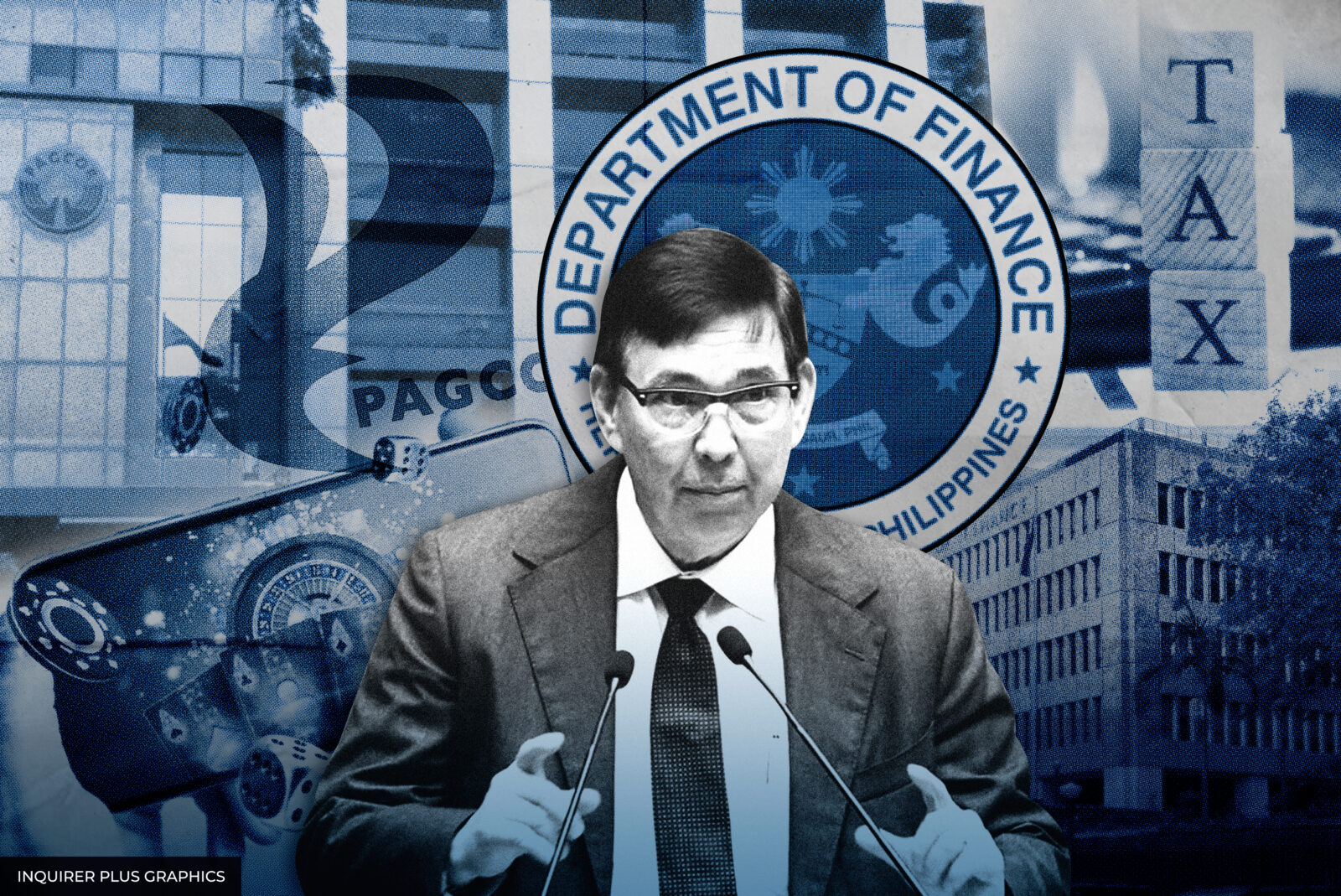
The high-profile corruption scandal over state-funded flood control projects has upended the Philippines’ bid for an “A” credit rating this year, Finance Secretary Ralph Recto said, warning that the fallout could hurt economic growth and weigh on the government’s fiscal position.
Recto told reporters on Tuesday that, based on recent discussions with S&P Global Ratings—one of the world’s three major credit watchers—the Philippines would likely have secured the elusive A grade this year if not for governance concerns arising from ongoing corruption investigations.
“We met with them (S&P) last week—they were ready to give us a credit rating upgrade,” he said, calling the missed opportunity “regrettable.”
“It’s a governance issue. We have to improve on that. And I’m convinced that we will be able to do it. It will take us a few months to finish all of that,” he added.
Last year, S&P kept its “triple B plus” investment grade rating for the Philippine sovereign, and improved its outlook from “stable” to “positive.” Explaining its action, the debt watcher at the time cited “effective” policymaking that delivered “structural improvements to the country’s credit metrics.”
A positive outlook indicates a good chance for the country to finally bag its first-ever A rating in the next one to two years. The higher rating means better perception of lenders on a borrower’s ability to pay its obligations. This would result in lower interest rates for issuers like the government.
The Philippines also holds investment-grade ratings from Fitch Ratings (BBB) and Moody’s Ratings (BAA2), both of which are two notches away from the entry-level A credit rating.
S&P’s rating scale ranges from D, the lowest, to the highest rating of AAA. Should the debt watcher decide to upgrade the Philippines’ badge of creditworthiness, the next level for the country is A-.
But Recto warned that economic growth could fall short of the 5.5- to 6.5-percent target of the government for 2025, as the widening corruption probe could slow public spending until next year.
Missing that goal could have fiscal repercussions. Policymakers typically base revenue targets on projected economic growth, operating on the assumption that stronger activity leads to higher corporate sales and household incomes—and, in turn, to greater tax collections for the state.
Recto said both the Bureau of Internal Revenue (BIR) and the Bureau of Customs (BOC) may miss their collection goals this year. The BIR is aiming to raise P3.2 trillion in 2025, while the BOC is targeting P958.7 billion.
Even so, Recto said the government intends to maintain its fiscal deficit ceiling of P1.6 trillion for this year, noting that weaker revenues would likely be offset by softer spending. “I think the reduction in interest rates will help,” he added.








